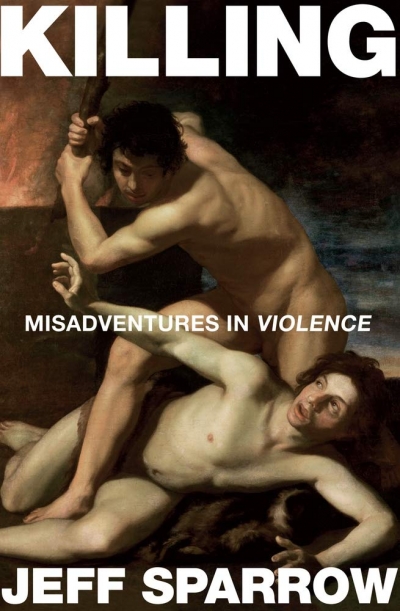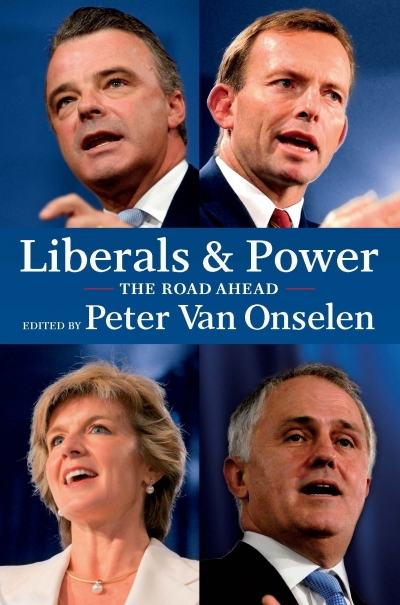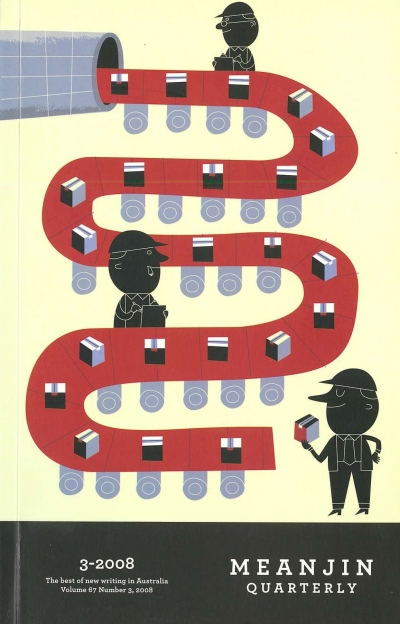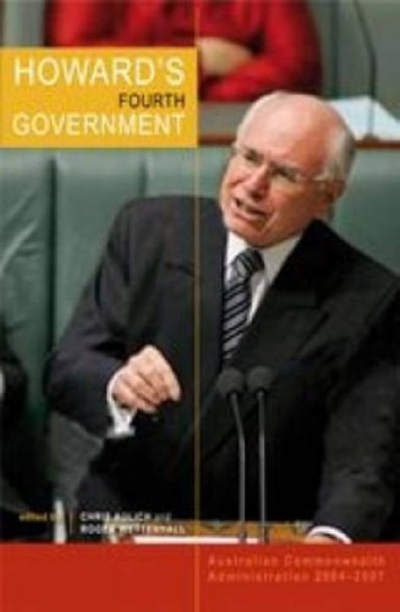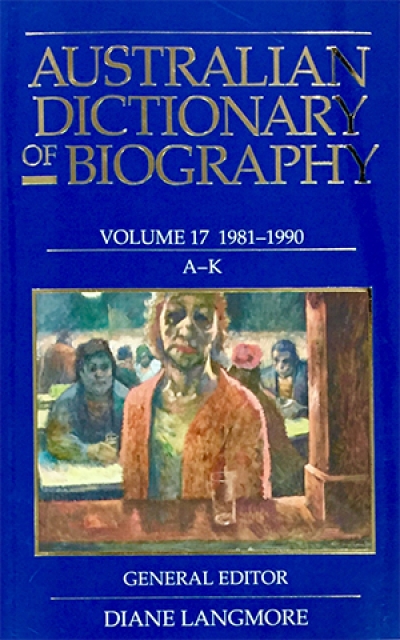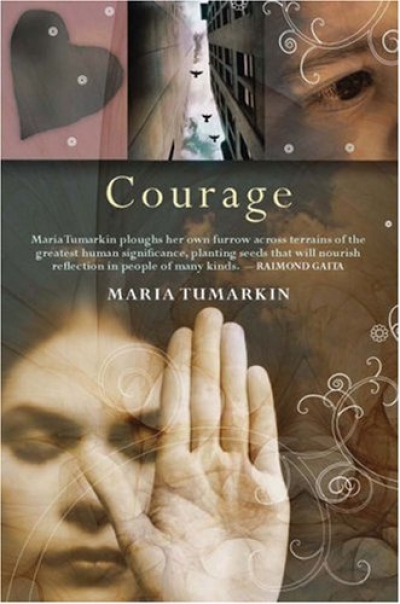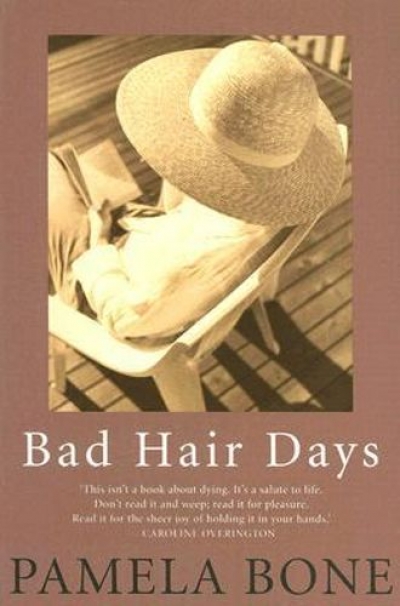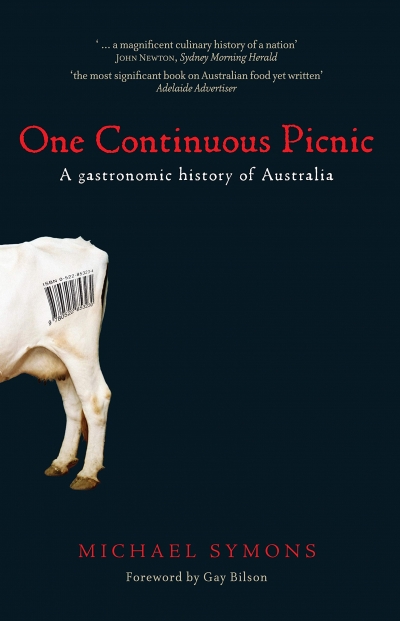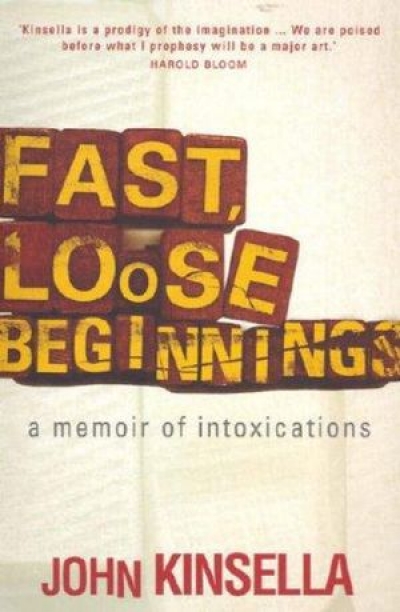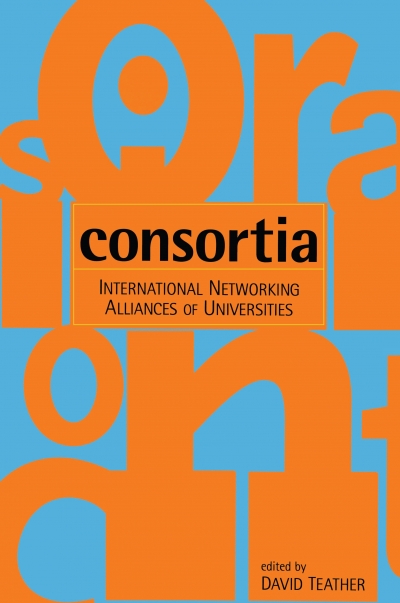Melbourne University Press
Killing: Misadventures in violence by Jeff Sparrow
by Elisabeth Holdsworth •
Liberals and Power: The road ahead by Peter van Onselen
by Norman Abjorensen •
Howard’s Fourth Government by Chris Aulich and Roger Wettenhall (eds) & Inside Kevin 07 by Christine Jackman
by Norman Abjorensen •
Australian Dictionary of Biography Vol. 17, 1981–1990, A–K edited by Diane Langmore
by Geoffrey Blainey •
One Continuous Picnic: A gastronomic history of Australia by Michael Symons
by Leo Schofield •
Fast, Loose Beginnings: A memoir of intoxications by John Kinsella
by David McCooey •
Consortia: International Networking Alliances of Universities edited by David Teather
by John Nieuwenhuysen •

